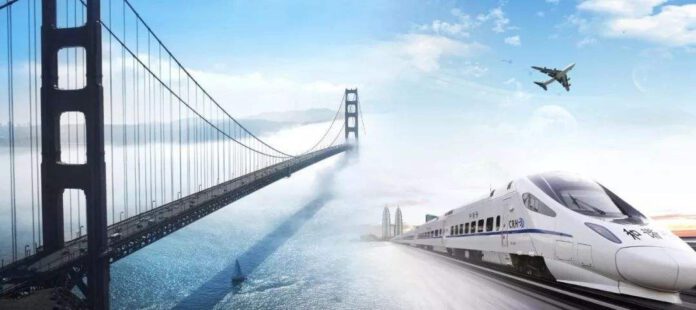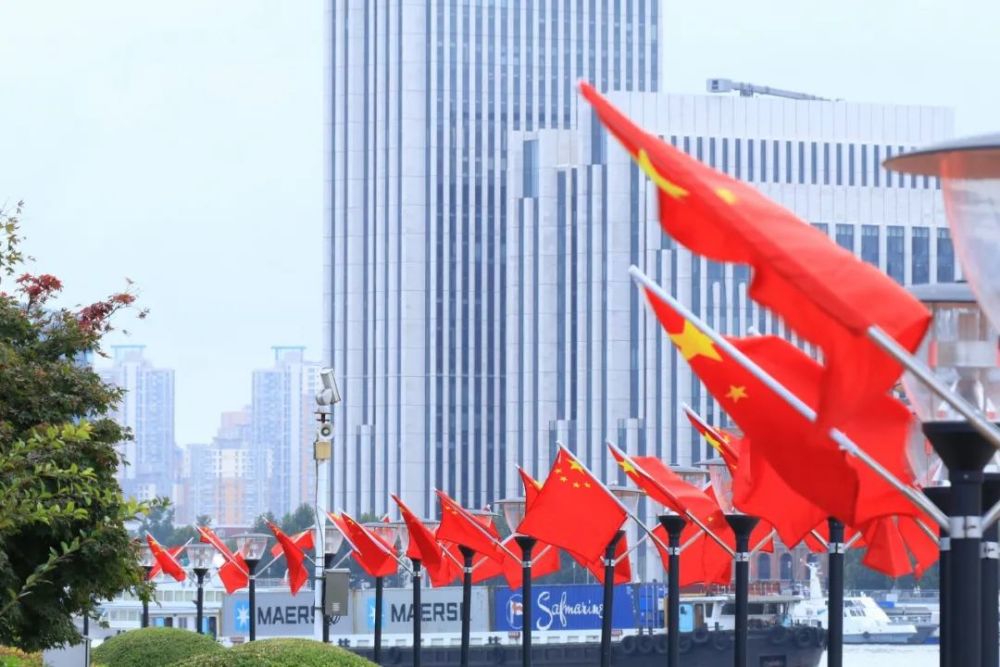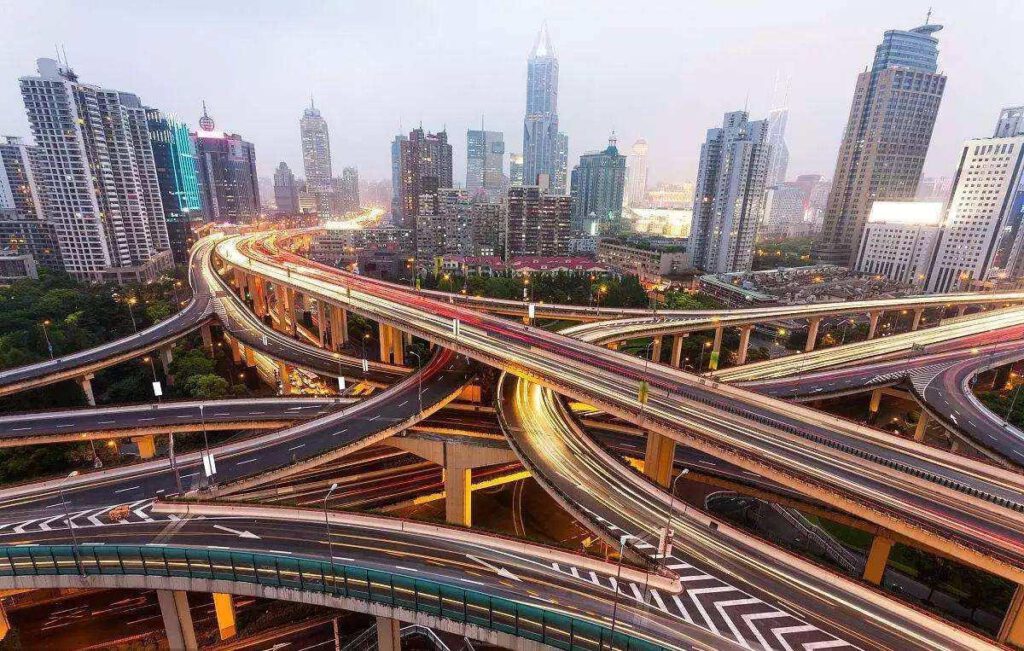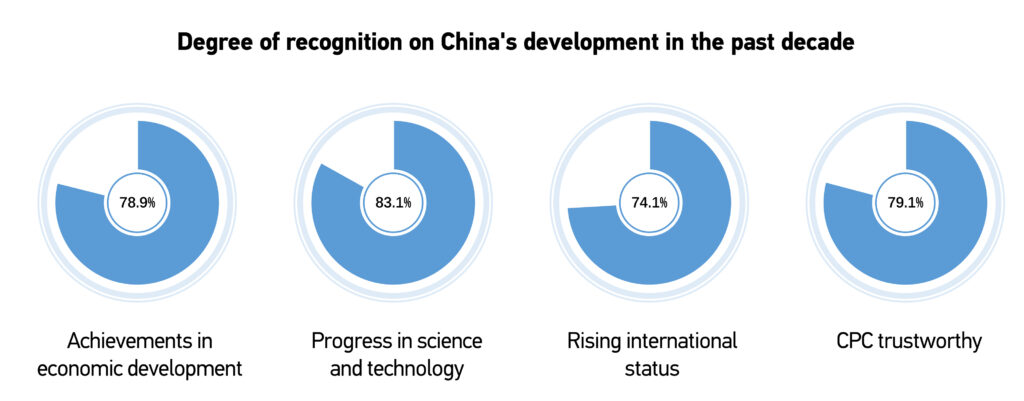
The world today is in great disarray, and if this reality stays so, the world will become a very dangerous place. Since the global financial crisis in 2008, the global economy has not fully recovered and structural imbalances still exist.
In this context, during the Trump administration, the United States launched a trade war against China. After that, the world witnessed the rise of economic nationalism and trade protectionism, and even anti-globalization. To make matters worse, the world then experienced the Russia-Ukraine conflict. Today, the Russian-Ukrainian conflict has not yet ended, and another region is ablaze with war, that is, the war between Hamas and Israel.

Empirically, violence is always closely related to poverty, and if the problem of poverty cannot be solved, then violence is very difficult to stop. China itself has a lot of experience in this area.
Over the past 40 years, China has played a very important role in reducing poverty in the world. The Chinese government has stepped up its efforts and invested huge amounts of money and human resources to reduce poverty, lifting more than 800 million people out of poverty.
Although globalization has negatively impacted income distribution in China, the Chinese government has ensured a baseline of social justice and equity and social stability through large-scale poverty reduction. This is a remarkable achievement that China has managed.

It is foreseeable that if the global economy remains unbalanced, the development prospects of all countries will not be favorable. If the global economic situation does not improve, more countries, especially those that are lagging, will continue to deteriorate rather than develop. If the problem of poverty is not solved, there will be no employment and no tax revenue, and all kinds of violence will proliferate. Indeed, no one can imagine what kind of violence will come next.
Earlier this year, China put forward three initiatives, namely, the Global Security Initiative (GSI), the Global Development Initiative (GDI), and the Global Civilization Initiative (GCI).
GSI calls on countries to adapt to the profoundly changing international landscape in the spirit of solidarity, and address the complex and intertwined security challenges with a win-win mindset.

Global Development Initiative (GDI) promotes international cooperation in the following eight priority areas: poverty alleviation, food security, pandemic response and vaccines, financing for development, climate change and green development, industrialization, digital economy and connectivity in the digital-era.
GCI advocates that countries need to uphold the principles of equality, mutual learning, dialogue and inclusiveness among civilizations, and let cultural exchanges transcend estrangement, mutual learning transcend clashes, and coexistence transcend feelings of superiority.
China has also been committed to promoting these three initiatives. Why is China so sure of its success when the United States has done similar things before, but not successfully?

China is a secular civilization without religious burden. So China does not choose a side between Palestine and Israel based on religion. China also doesn’t have the geopolitical ambitions that some other powers have. So China does not stand for Russia or Ukraine based on geopolitical interests.
China cares about and only chooses peace and development. The United States has always regarded China’s Belt and Road Initiative as China’s geopolitical project, believing that China wants to dominate the world through this geopolitical project. China has always insisted that the Belt and Road Initiative is a development project. It is an initiative for peace and development. It is because of these qualities that China can transcend religion, transcend geopolitical interests, and be fair and just in its handling of international affairs.
What can China do in the future? Last year at the twentieth national congress of the Communist Party of China, China put forward a new concept, namely, “systematic opening up”. Previously, when China talked about opening up, it talked about an open policy, but now it emphasizes opening up at systemic level.
Over the past 40 years, globalization has created enormous wealth for the world. Today, when globalization encounters difficulties, it is wise to promote openness. To compete with China’s Belt and Road Initiative, the United States and G7 have put forward their versions of the Belt and Road

However, in this competition, China and the United States are promoting different forms and natures of multilateralism. What the United States is promoting is exclusive multilateralism, which targets third countries. China, on the other hand, is promoting inclusive multilateralism, which addresses the common problems faced by member countries. The former is anti-globalization and anti-globalization, while the latter goes hand in hand with globalization and promotes it.
Competition between China and the United States is ongoing and inevitable. However, the competition between China and the United States is not about who is more closed, but who is more open. Historically, the ultimate winner will be the more open one.
(Source: GBA Review, CGTN)



